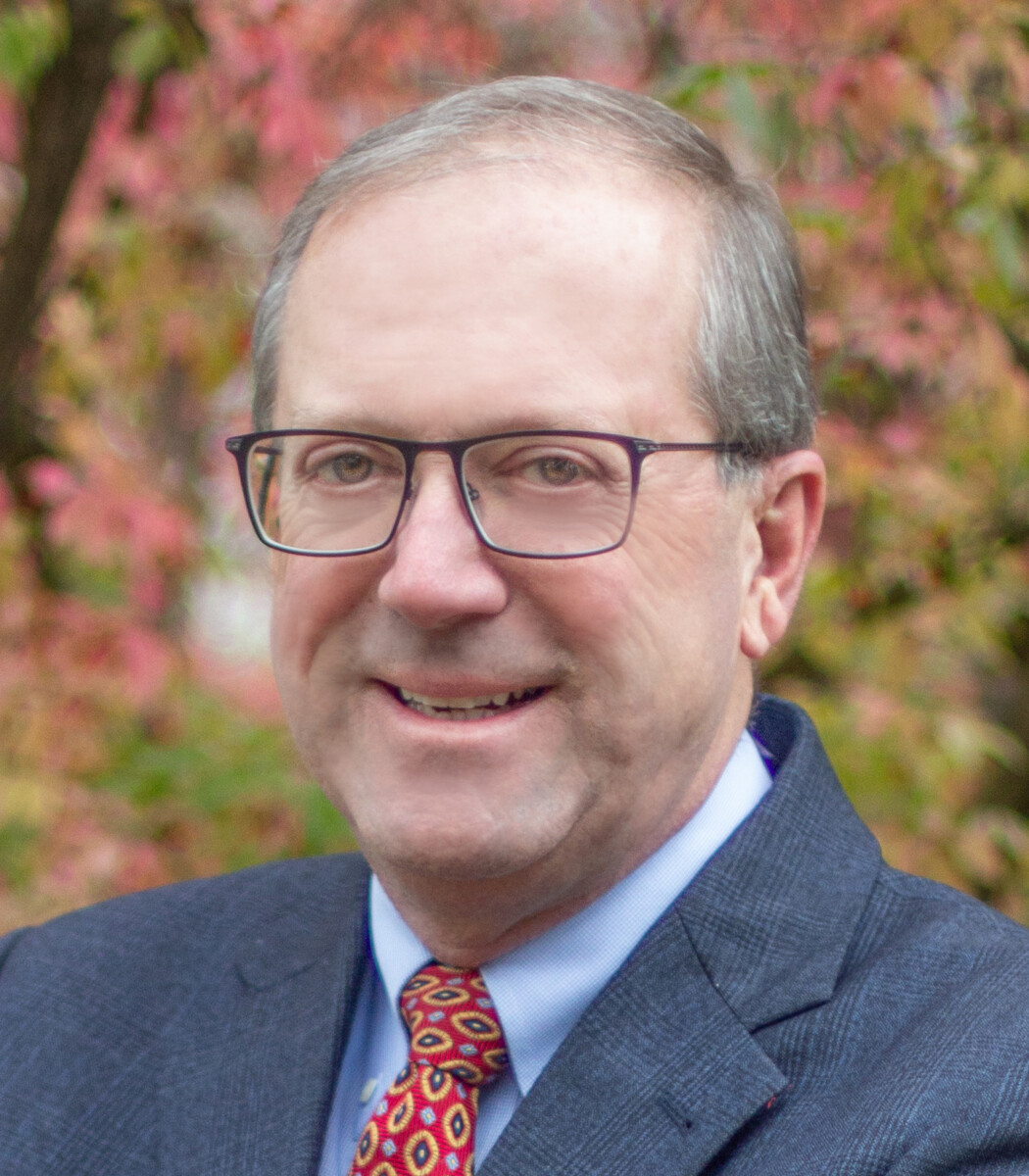“Communication is not just the transmission of information; it is the co-creation of culture.”
So says Quentin Schultze in his Christian perspective on communication entitled Communicating for Life. “Communication,” Schultze says, “enables us to cocreate life-giving community, peaceful and justice loving communities of shalom.”
In another passage Schultze points out that words don’t just reflect reality; they create reality. When used well, words “build bridges to rich relationships with God, our neighbors, the creation and ourselves.” Indeed, “when we communicate peacefully in accord with God,” Schultze says, “we taste heaven.”

In this Advent season of eager longing, I love finding modern day examples of people who use words to build bridges to heaven. Esau McCaulley’s new book, How Far to the Promised Land,” is just such an example. Known best for Reading While Black: African American Biblical Interpretation as an Exercise in Hope,” McCaulley now has written his memoir which, interestingly, was the fruit born of his deep struggle with what he would say at his estranged father’s funeral.

On the surface, McCaulley’s life has been a classic poverty to success story. McCaulley grew up with all the trauma and deprivation that went with Blacks growing up in the Jim Crow south and the pain of a home deeply troubled by an estranged, alcoholic father. McCaulley helps the reader see how hard life is when everything imaginable is stacked against you.
Fast-forward to today, McCaulley is a distinguished biblical scholar and revered writer. The contrast between his childhood and his life today in some ways could not be more stark. But McCaulley knew deep in his soul that framing his life as a poverty to success story was far too simplistic and missed so much beauty even in the difficult places of his growing up years.
When McCaulley says at his father’s funeral, “Human beings are more than one thing,” he offers to his father a gift of grace that all of us ultimately must receive and give if we are to be fully human and fully alive. We are not defined by the worst, or, for that matter, the best ten seconds of our lives. McCaulley reminds us of Aleksandr Solzhenitsyn’s words that the line separating good and evil passes not through states, nor between classes, but straight through the middle of every human heart. No one is a total failure in life and no one is beyond the need of grace.
McCaulley’s struggle to write his father’s eulogy also made him realize how much his entire childhood life was saturated with an aura of transcendence and larger purpose. For example, only later did he see more clearly how a football injury in his junior year of high school, by God’s providence, resulted in him taking an A.P. class with Mrs. Bailey whose love of reading and writing was contagious and transformative for young Esau.
McCaulley didn’t realize how deeply the spirituality of generations of his ancestors was a part of him until he got stranded one night in a neighborhood where he didn’t belong as a Black teenager. On his way to a new girlfriend’s house, he came face to face with a life-threatening gang who asked him, “Who are you?” He was so paralyzed with fear that the words that came out of his mouth were totally involuntary: “I am a Christian.” The gang was so taken aback at his words that they backed away and let him go!
McCaulley singles out his great grandmother Sophia as one of the primary sources of this transcendence that marks his life. And McCaulley soon realized that Sophia’s deep spiritual influence upon generations of the family had to be at the center of his family’s story: “(Because of Sophia) I had to find beauty. I had to see something in the struggle itself that was worthy of remembering and carrying forward. That was Sophia’s gift to me. She showed me that a Black life could be lived with honor through faith, even when the world was set against you. I would need to do something with this gift.” This he has done in sharing his memoir with the world.
Aren’t we all on the path of finding beauty? McCaulley beckons me to look for beauty, shalom and hope, even in the most difficult places of my life. And by God’s grace these things are not difficult to find. And the privilege of writing and speaking and holy friendships is that we get to carefully choose just the right words to frame our lives and tell our story, to build bridges to heaven and bring heaven to earth.
“Holy, holy, holy is the Lord Almighty; the whole earth is full of his glory” (Isaiah 6:3).


7 Responses
And the privilege of writing and speaking and holy friendships is that we get to carefully choose just the right words to frame our lives and tell our story, to build bridges to heaven and bring heaven to earth.
Thank you for the reminder of the privilege and the hope. Sometimes we struggle to find the right words and then fear that they are not powerful enough to build bridges.
Yes, Tom. And isn’t it also true that the older we get, the more we realize that we do our best to choose the right words, but ultimately someone greater than us has to build the bridge?
Thank you, Duane – for bringing to our attention this important memoir – and for your own consistent wisdom and witness.
“No one is a total failure in life and no one is beyond the need of grace.“
This line is worthy of contemplation. Thank you.
Worthy of contemplation. Yes! And a sermon needed in every church. Thanks to you both!
Amen!
Thanks, Duane, for this super insightful review! I’m going to buy it.
Karl